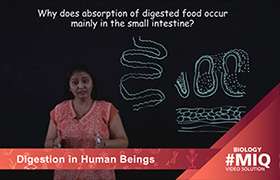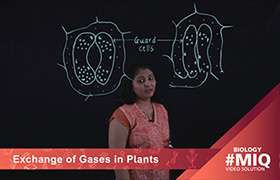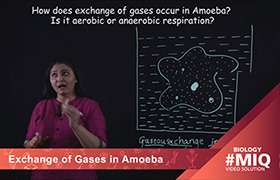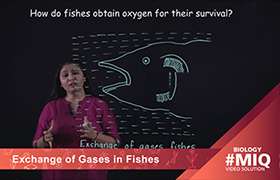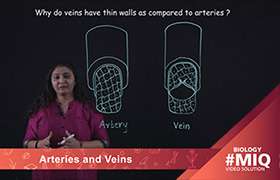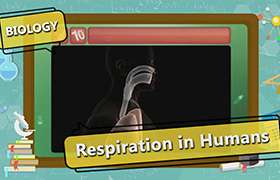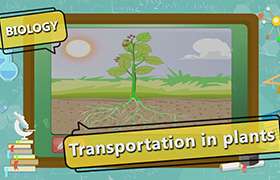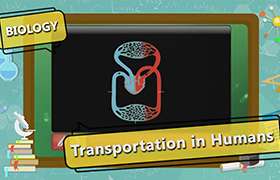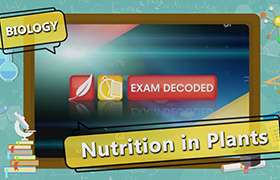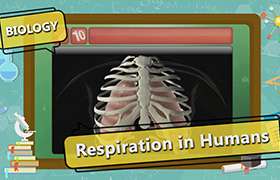CBSE Class 10 Answered
explain the calvin's cycle?
Asked by akash.verma | 02 Jun, 2008, 10:34: PM
Calvin cycle or dark reaction is a synthetic process in which carbon dioxide is reduced to carbohydrates. It takes place in the stroma of chloroplasts. The entire process runs in a cycle. It utilizes ATP and NADPH2. This reaction is independent of light.
The Calvin cycle begins when a molecule of carbon dioxide bonds with the five-carbon sugar ribulose diphosphate. A series of reactions ensue (which involve the NADPH molecule from noncyclic electron flow and convert it back to an NADP+ molecule), producing another molecule of ribulose diphosphate and a molecule of glyceraldehyde phosphate
Answered by | 03 Jun, 2008, 07:39: PM
Application Videos
Concept Videos
CBSE 10 - Biology
Asked by bgmigaurav7318 | 08 Apr, 2024, 01:46: PM
CBSE 10 - Biology
Asked by jayeshsah1995 | 04 Mar, 2024, 12:01: PM
CBSE 10 - Biology
Asked by nsubhashree54 | 24 Feb, 2024, 11:08: AM
CBSE 10 - Biology
Asked by sarmabankupalli9 | 02 Jan, 2024, 08:19: PM
CBSE 10 - Biology
Asked by pavanimullu123 | 26 Dec, 2023, 07:17: PM
CBSE 10 - Biology
Asked by jitendranathsingh331 | 26 Nov, 2023, 06:17: PM
CBSE 10 - Biology
Asked by waccstudies123 | 08 Oct, 2023, 02:10: AM
CBSE 10 - Biology
Asked by 09.10bjanvhijadhav | 16 Sep, 2023, 11:58: PM
CBSE 10 - Biology
Asked by devy64469 | 03 Sep, 2023, 09:25: PM
CBSE 10 - Biology
Asked by krishnaagrawal79 | 19 Jul, 2023, 05:07: PM

